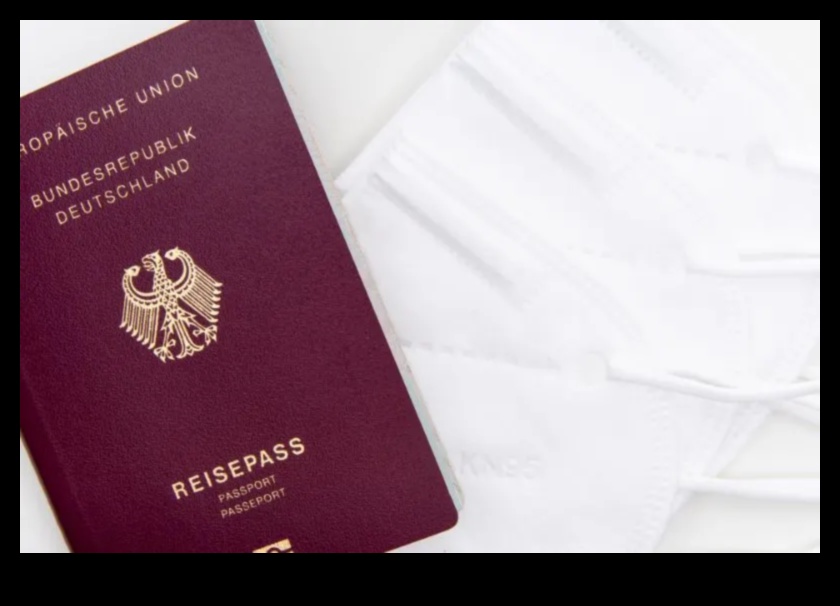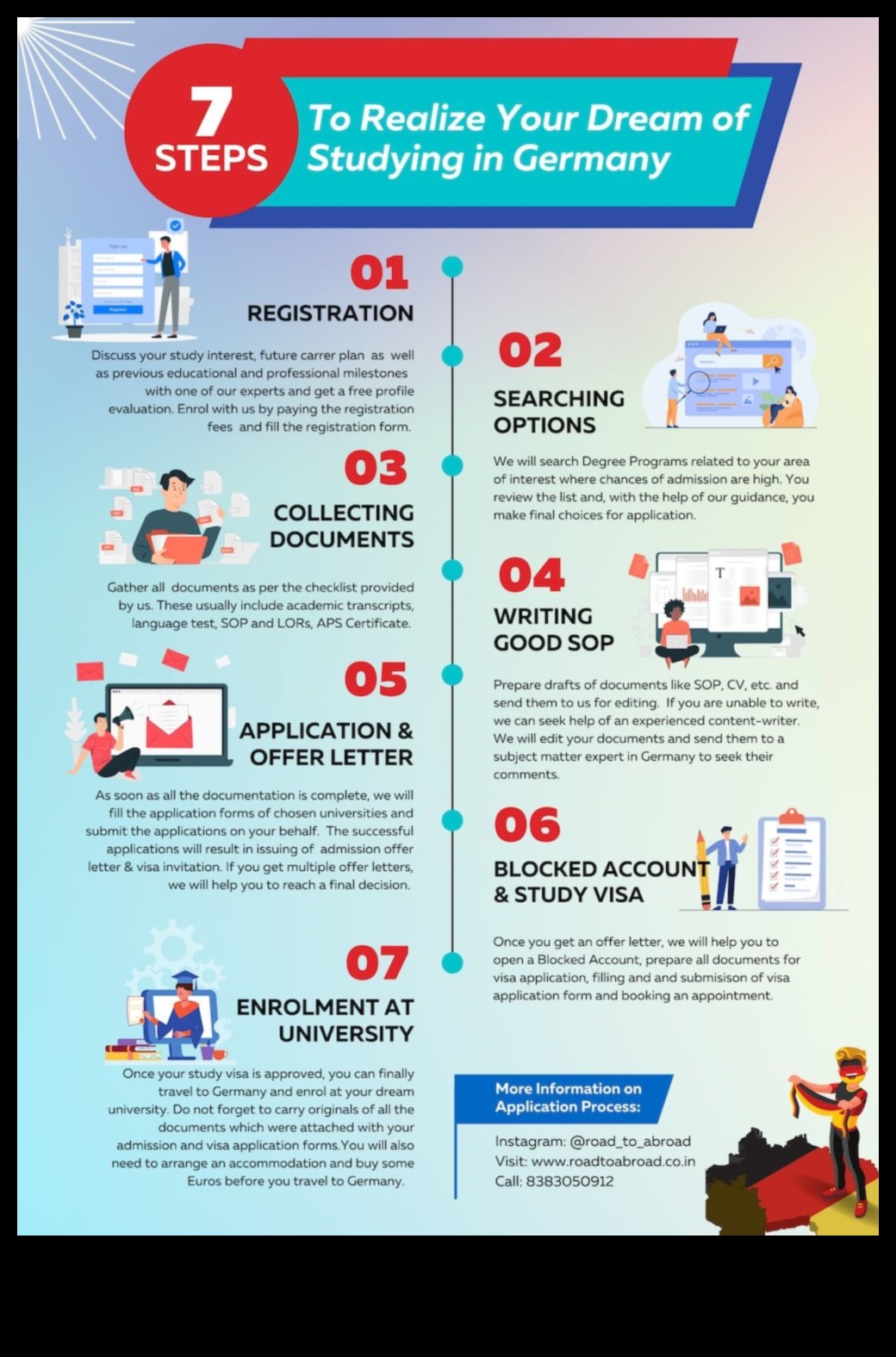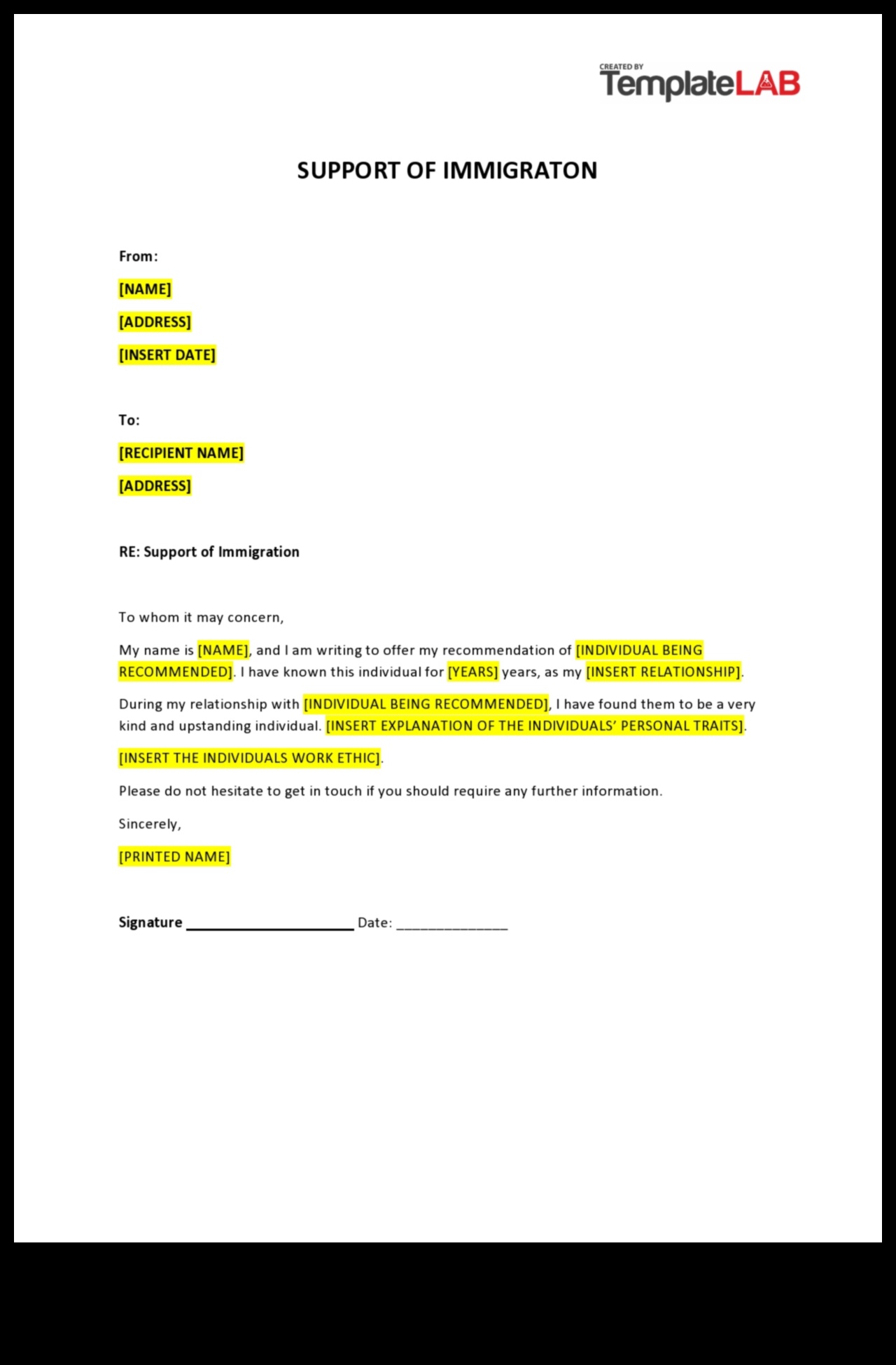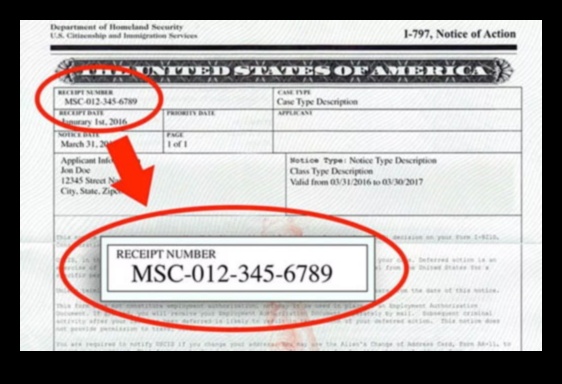How to Immigrate to Germany A Step-by-Step Guide


How to Immigrate to Germany
This guide provides information on the requirements for immigrating to Germany, the process of applying for a visa, and the cost of living in Germany.
## I. Introduction
Germany is a popular destination for immigrants from all over the world. The country offers a high quality of life, a strong economy, and a diverse culture.
If you are considering immigrating to Germany, there are a few things you need to know. First, you will need to meet the requirements for immigrating to Germany. These requirements vary depending on your nationality and your reason for immigrating.
Second, you will need to apply for a visa. The type of visa you need will depend on your reason for immigrating.
Third, you will need to prepare for your move to Germany. This includes finding a place to live, learning the language, and getting a job.
## II. Requirements for Immigrating to Germany
The requirements for immigrating to Germany vary depending on your nationality and your reason for immigrating. However, there are some general requirements that all immigrants must meet.
* You must be able to support yourself financially. This means that you must have a job offer or proof of sufficient savings.
* You must have health insurance.
* You must be able to speak German.
* You must have a clean criminal record.
## III. How to Apply for a Visa
The process of applying for a visa to Germany can be complex. However, there are a few steps that you will need to follow.
1. Find out what type of visa you need. There are different types of visas available for immigrants to Germany. The type of visa you need will depend on your reason for immigrating.
2. Gather the required documents. Each type of visa has its own set of required documents. You will need to make sure that you have all of the required documents before you apply for your visa.
3. Complete the application form. You will need to complete the application form for the type of visa you are applying for. The application form is available online.
4. Pay the application fee. There is a fee associated with applying for a visa to Germany. The fee varies depending on the type of visa you are applying for.
5. Submit your application. You can submit your application online or by mail.
6. Wait for your decision. It can take several weeks or months for your visa application to be processed. You will be notified of the decision by email or mail.
## IV. The Visa Application Process
The visa application process for Germany can be complex. However, it is important to follow the steps carefully in order to avoid any delays.
1. Start the process early. The visa application process can take several weeks or months. It is important to start the process early so that you have plenty of time to gather the required documents and complete the application form.
2. Check the requirements carefully. Each type of visa has its own set of requirements. You will need to make sure that you meet all of the requirements before you apply for your visa.
3. Gather the required documents. You will need to provide a number of documents when you apply for your visa. These documents include your passport, proof of financial support, proof of health insurance, and a criminal record check.
4. Complete the application form correctly. The application form is an important part of the visa application process. You will need to make sure that you complete the form correctly and provide all of the required information.
5. Pay the application fee. There is a fee associated with applying for a visa to Germany. The fee varies depending on the type of visa you are applying for.
<
| Topic | Features | |||
|---|---|---|---|---|
| I. Introduction | – Overview of the immigration process to Germany | |||
| II. Requirements for Immigrating to Germany | – Work experience | – Education | – Language skills | – Financial resources |
| III. How to Apply for a Visa | – Types of visas | – Application process | ||
| IV. The Visa Application Process | – Gathering documents | – Submitting your application | – Interview | |
| V. Moving to Germany | – Finding a place to live | – Opening a bank account | – Getting a phone number | – Getting a driver’s license |
| VI. Finding a Job in Germany | – Job search resources | – Networking | – Interviewing | |
| VII. Getting Started in Germany | – Registering with the local authorities | – Getting health insurance | – Applying for a tax number | |
| VIII. Living in Germany | – Culture | – Cost of living | – Transportation | |
| IX. Becoming a German Citizen | – Requirements | – Application process | ||
| X. FAQ | – What are the different types of visas? | – How long does it take to get a visa? | – What are the costs involved in immigrating to Germany? |

II. Requirements for Immigrating to Germany
The requirements for immigrating to Germany vary depending on your nationality and the type of visa you are applying for. However, some general requirements include:
- A valid passport
- Proof of financial means
- A job offer from a German employer
- Adequate German language skills
III. How to Apply for a Visa
To apply for a visa to Germany, you will need to provide the following documents:
- A valid passport
- A visa application form
- Proof of financial support
- Proof of a valid job offer
- A medical certificate
You can find more information on the visa application process on the website of the German Embassy or Consulate in your country.

IV. The Visa Application Process
The visa application process for Germany can be complex and time-consuming. However, by following these steps, you can make the process as smooth as possible.
- Gather the necessary documents.
- Complete the visa application form.
- Pay the visa application fee.
- Schedule an interview at the German consulate or embassy.
- Attend your interview and answer the consular officer’s questions.
- Receive your visa decision.
For more detailed information on the visa application process, please visit the website of the German consulate or embassy in your country.

V. Moving to Germany
Moving to Germany can be a daunting task, but it is also an exciting one. There are a lot of things to consider when moving to a new country, but by following these steps, you can make the process as smooth as possible.
1. Do your research. Before you do anything else, it’s important to do your research and learn as much as you can about Germany. This includes learning about the country’s culture, economy, and cost of living.
2. Get a visa. If you are not a citizen of the European Union, you will need to get a visa to live in Germany. The type of visa you need will depend on your nationality and the purpose of your stay.
3. Find a place to live. Once you have a visa, you need to find a place to live. There are a number of different ways to find accommodation in Germany, including online listings, real estate agents, and housing associations.
4. Get settled in. Once you have found a place to live, you need to start getting settled in. This includes registering with the local authorities, opening a bank account, and getting a phone number.
5. Learn the language. Learning the German language is not essential, but it will make your life in Germany a lot easier. There are a number of different ways to learn German, including taking classes, using online resources, and practicing with native speakers.
Moving to Germany can be a great experience, but it is important to be prepared for the challenges that come with it. By following these steps, you can make the process as smooth as possible.VI. Finding a Job in Germany
Finding a job in Germany can be a challenging process, but it is definitely possible. Here are a few tips to help you get started:
- Do your research. Before you start applying for jobs, make sure you have a good understanding of the German job market. What are the most in-demand skills? What are the salary expectations?
- Network. One of the best ways to find a job in Germany is to network with people who are already working in your field. Attend industry events, connect with people on LinkedIn, and reach out to friends and family who may have connections in Germany.
- Use online job boards. There are a number of online job boards that can be a great resource for finding jobs in Germany. Some popular job boards include Indeed, Monster, and StepStone.
- Apply directly to companies. Don’t be afraid to apply directly to companies that you’re interested in working for. Even if they don’t have any job openings listed, it doesn’t hurt to send them your resume and cover letter.
Once you’ve found a job, you’ll need to apply for a work visa. The requirements for a work visa vary depending on your nationality, so be sure to do your research before you apply.
Finding a job in Germany can be a challenge, but it is definitely possible with some hard work and perseverance. By following these tips, you can increase your chances of finding a job that you love in Germany.
VII. Getting Started in Germany
After you have arrived in Germany, there are a few things you need to do to get started.
- Register with the local authorities. You will need to do this within 14 days of arriving in Germany.
- Apply for a residence permit. You will need to apply for a residence permit within 90 days of arriving in Germany.
- Find a place to live. You can find a place to live by searching online, through newspapers, or by asking friends or family.
- Open a bank account. You will need to open a bank account so that you can receive your salary and pay your bills.
- Get a health insurance plan. You will need to get a health insurance plan so that you can receive medical care.
- Find a job. You can find a job by searching online, through newspapers, or by asking friends or family.
Once you have settled in, you can start to enjoy your new life in Germany!
Living in Germany
After you have successfully immigrated to Germany, you will need to start living there. This includes finding a place to live, getting a job, and learning how to navigate the German culture.
Finding a place to live in Germany can be challenging, especially if you are not familiar with the country. There are a few different ways to find a place to live, including:
- Looking for apartments online
- Contacting a real estate agent
- Asking friends or family for referrals
Once you have found a place to live, you will need to get a job. The job market in Germany is strong, and there are many opportunities available for foreigners. However, it is important to have a good understanding of the German language and culture in order to be successful in the job market.
Learning how to navigate the German culture can be difficult, but it is important to do so if you want to be successful in Germany. There are a few things you can do to learn more about the German culture, including:
- Taking German language classes
- Reading books and articles about German culture
- Watching German movies and TV shows
- Talking to German people
By following these tips, you can make the transition to living in Germany a smooth one.
IX. Becoming a German Citizen
In order to become a German citizen, you must meet the following requirements:
- You must have lived in Germany for at least 8 years
- You must have a basic knowledge of the German language
- You must have a job or be self-employed
- You must have a clean criminal record
- You must be able to support yourself financially
If you meet all of these requirements, you can apply for German citizenship. The application process can take several months, and you will need to provide proof of your eligibility.
Once you have been granted German citizenship, you will enjoy all of the rights and benefits of being a German citizen. You will be able to vote in elections, hold public office, and travel freely within the European Union.
X. FAQ
Q: What are the requirements for immigrating to Germany?
A: The requirements for immigrating to Germany vary depending on your nationality and the type of visa you are applying for. However, some general requirements include being able to speak German, having a job offer from a German employer, and having enough money to support yourself.
Q: How do I apply for a visa to Germany?
A: The process of applying for a visa to Germany can vary depending on your nationality and the type of visa you are applying for. However, the general steps involved include submitting an application form, providing supporting documents, and paying a visa fee.
Q: What is the visa application process like?
A: The visa application process for Germany can take several weeks or months. The exact length of time will depend on the type of visa you are applying for and the current visa processing times.




